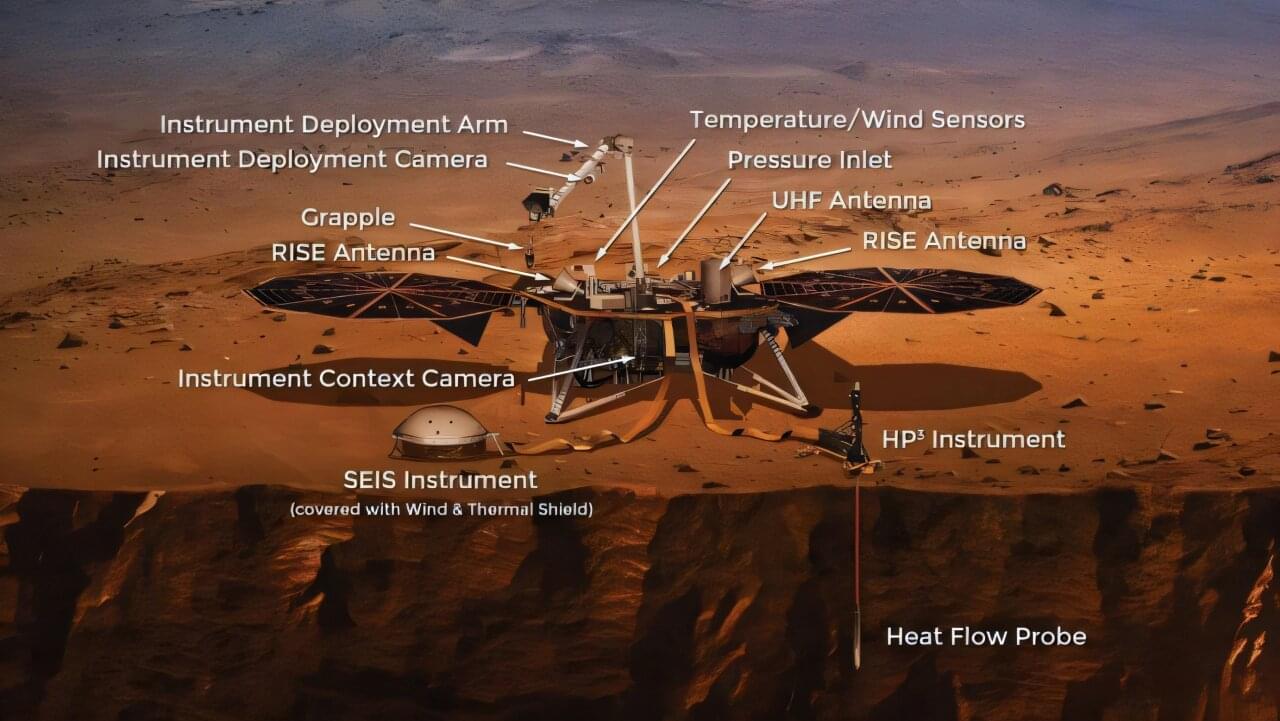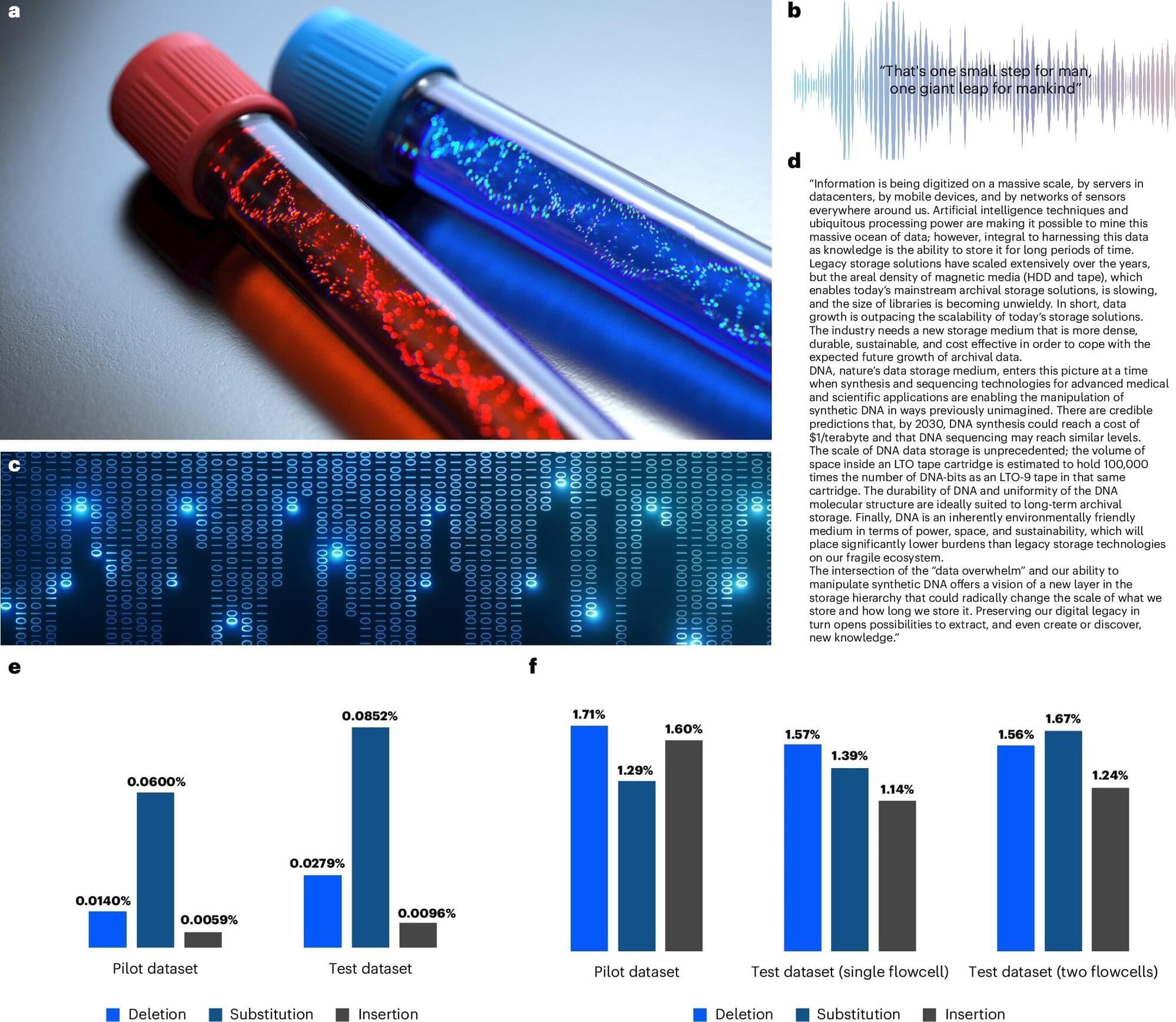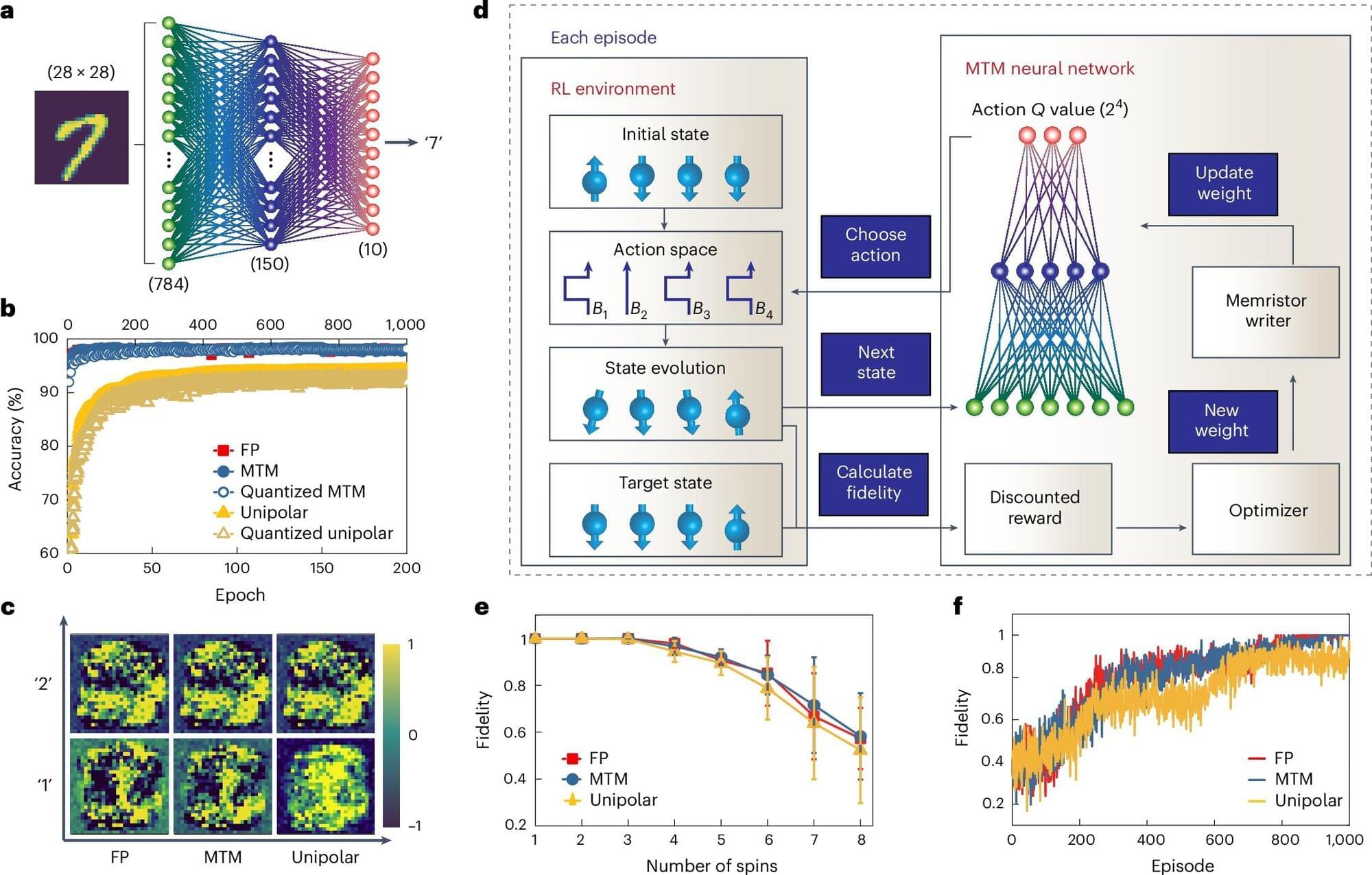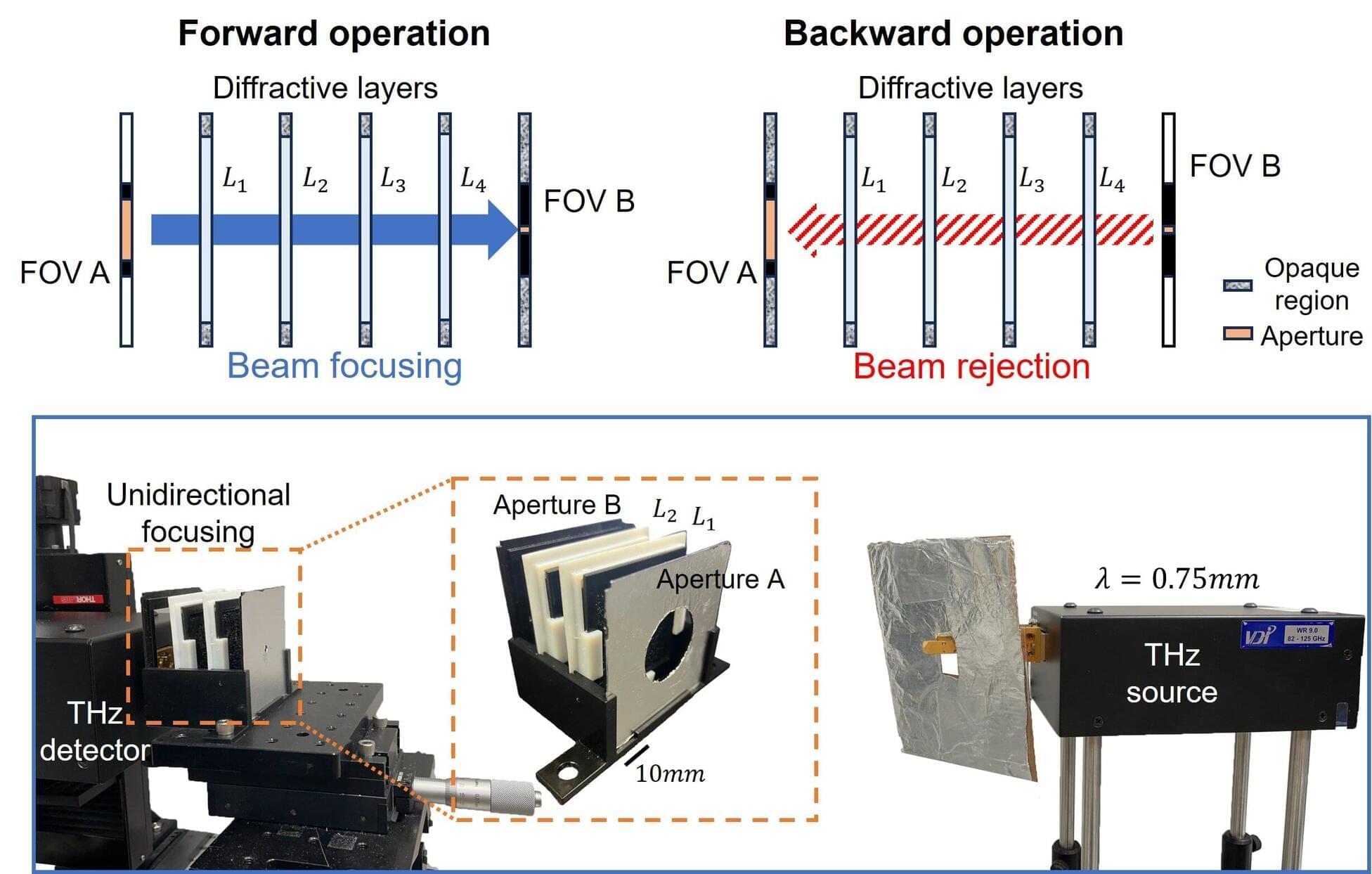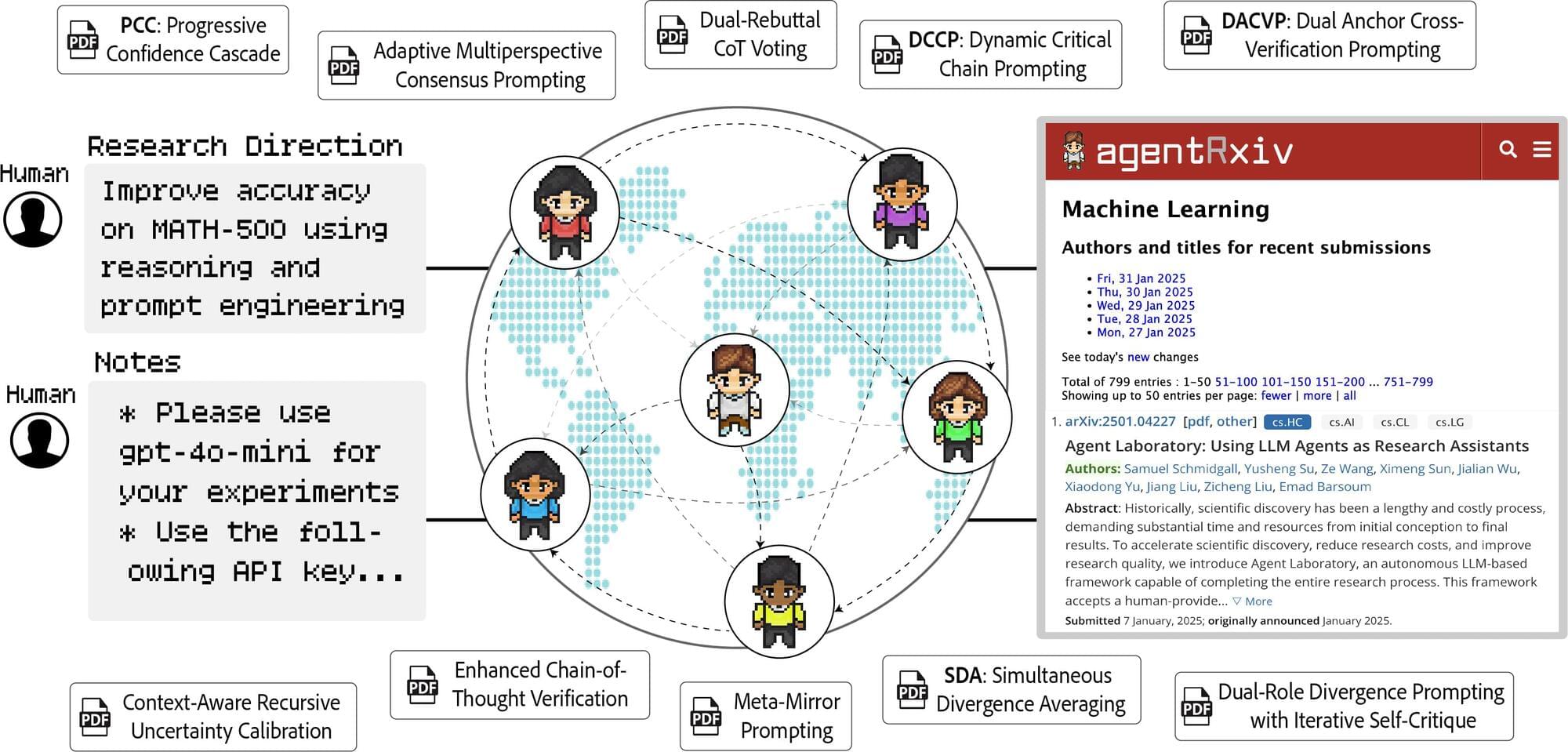Are subterranean lifeforms viable on Mars? A new interpretation of Martian seismic data by scientists Ikuo Katayama of Hiroshima University and Yuya Akamatsu of Research Institute for Marine Geodynamics suggests the presence of water below the surface of Mars. “If liquid water exists on Mars,” Katayama says, “the presence of microbial activity” is possible.
This analysis is based on seismic data from SEIS (Seismic Experiment for the Interior Structure), deployed from NASA’s InSight lander that landed on Mars in 2018. This robotic lander is unique because it was able to use its robotic arm to place a seismometer on the surface of Mars. The SEIS instrument, which contains the seismometer, uses the seismic waves naturally generated on Mars from Marsquakes or meteorite impacts to scan the planet’s interior.
When a Marsquake or meteorite impact occurs on Mars, SEIS can read the energy emitted as P-waves, S-waves, and surface waves to create an image of the planet’s interior.
